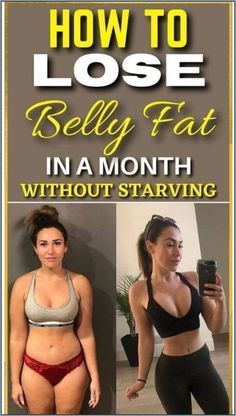Embarking on a weight-loss journey requires a well-balanced and sustainable approach to dietary changes. One such approach is the 1,500-calorie diet plan, which provides enough calories to sustain energy levels while creating a calorie deficit for weight loss. Before starting any diet plan, it’s essential to consult with a healthcare professional or a registered dietitian to ensure it aligns with your individual needs and health conditions.
Understanding the 1,500-Calorie Diet:
The 1,500-calorie diet is a moderate calorie intake suitable for many individuals aiming to shed excess pounds. This plan balances providing enough nutrients to support bodily functions and creating a calorie deficit, which is crucial for weight loss.

Sample 1,500-Calorie Diet Plan:
Breakfast (approx. 400 calories):
Begin your day with a nutrient-packed breakfast to kickstart your metabolism. A bowl of oatmeal topped with a handful of berries, a medium banana, and a cup of unsweetened almond milk makes for a satisfying and nutritious morning meal. Adding a tablespoon of chia seeds provides a dose of healthy fats and additional fiber.
Mid-Morning Snack (approx. 150 calories):
Opt for a mid-morning snack to keep your energy levels steady. A serving of non-fat Greek yogurt with a sprinkle of almonds or walnuts provides protein and essential fats for satiety.
Lunch (approx. 400 calories):
For lunch, focus on lean protein, whole grains, and various colorful vegetables. Grilled chicken breast or tofu, a cup of quinoa or brown rice, and a mix of vegetables such as broccoli, bell peppers, and carrots create a well-rounded and satisfying meal. Drizzle a tablespoon of olive oil for a healthy fat source.
Afternoon Snack (Approx. 150 calories):
Sliced cucumber paired with hummus makes for a refreshing and low-calorie afternoon snack. Cucumber adds hydration, while hummus provides protein and healthy fats.
Dinner (approx. 400 calories):
Dinner should have a balanced mix of protein, carbohydrates, and vegetables. Consider baked salmon, a plant-based protein source, sweet potato or whole grain servings, and steamed green beans or asparagus. A side salad with mixed greens and a vinaigrette dressing adds fiber and micronutrients.
Evening Snack (approx. 100 calories):
Wrap up the day with a small snack to curb late-night cravings. Opt for a small apple or a handful of berries to satisfy your sweet tooth while keeping calorie intake in check.
Adjusting the Plan to Individual Needs:
It’s important to note that the provided plan is a general guideline. Individual calorie needs vary based on age, gender, weight, and activity level. Adjust portion sizes accordingly, ensuring the plan meets your requirements.
Staying Hydrated and Mindful Eating:
In addition to following a structured meal plan, staying hydrated is crucial for overall health and weight loss. Aim to drink plenty of water throughout the day to support bodily functions and promote a feeling of fullness.
Practice mindful eating by paying attention to hunger and fullness cues. This involves eating slowly, savoring each bite, and recognizing when you’re satisfied. This approach can help prevent overeating and promote a healthy relationship with food.
Exercise and Lifestyle Factors:
While a 1,500-calorie diet plan is critical to weight loss, incorporating regular physical activity is equally important. Engage in cardiovascular exercises, strength training, and flexibility exercises to support overall well-being and optimize weight loss.
Additionally, consider lifestyle factors such as adequate sleep and stress management. Lack of sleep and chronic stress can impact hormonal balance and contribute to weight gain, making it essential to prioritize these aspects of health.
Conclusion:
In conclusion, the 1,500-calorie diet plan offers a structured and balanced approach to weight loss. By focusing on nutrient-dense foods, staying hydrated, practicing mindful eating, and incorporating regular exercise, individuals can create a sustainable and effective strategy for achieving their weight loss goals. Remember to consult with a healthcare professional or a registered dietitian before making significant changes to your diet, especially if you have any health concerns or conditions.


